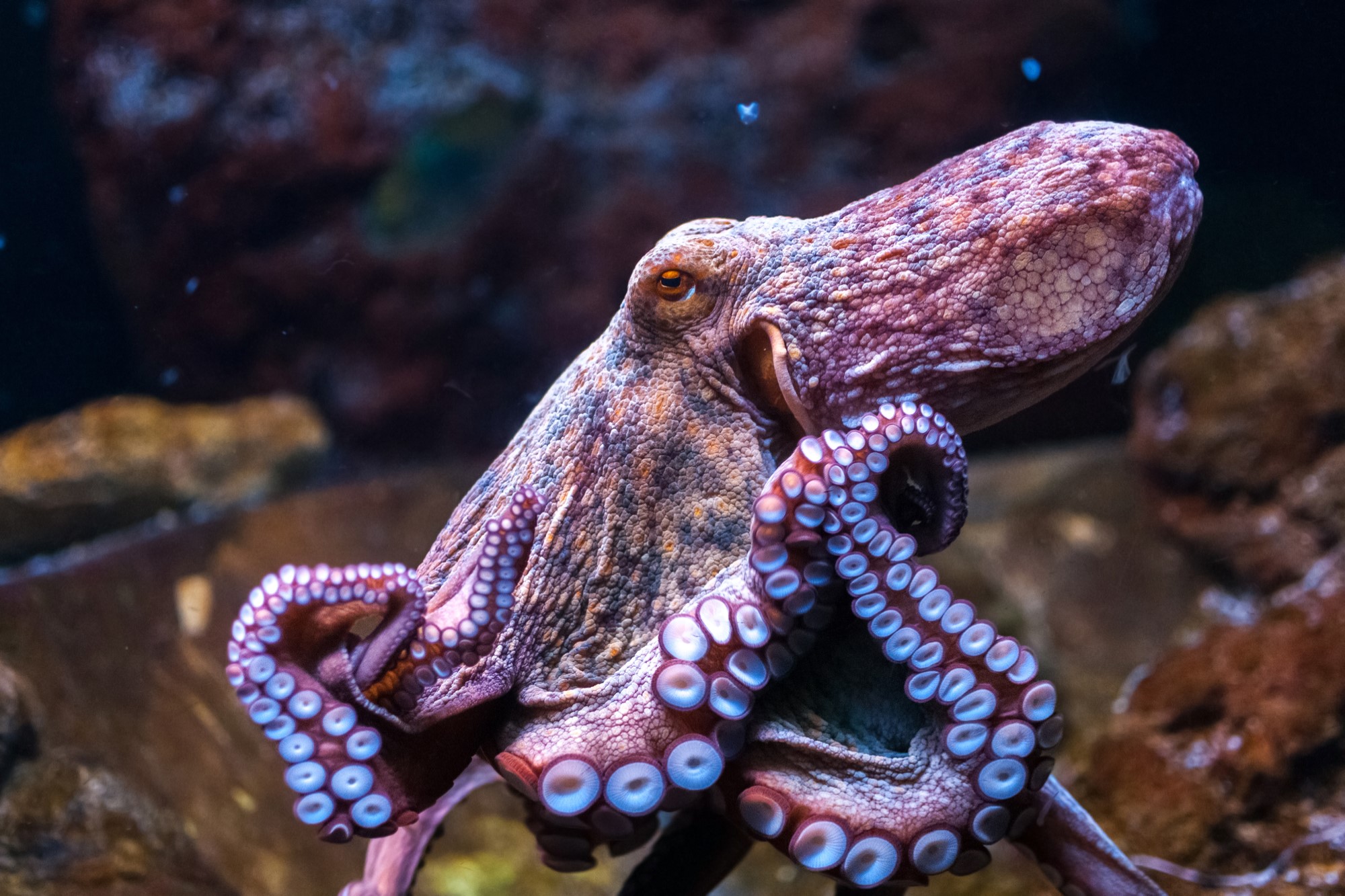Just Say No to Christmas Turkey

My colleague Benjamin Rossi recently defended buying meat. With Christmas dinners approaching and readers’ New Years’ resolutions up for grabs, it’s a good time to consider the other side of that debate.
Rossi’s argument gets a lot right. Buying and consuming meat doesn’t harm the animal from which it came — that animal is already dead. He’s also right that an individual consumer buying meat, in our globalized mass-production food chain, can’t raise demand for meat significantly enough to cause more animals to be farmed or killed. Neither does purchasing meat violate the animal’s rights. If the animal’s rights were violated, that took place before the animal’s death. It appears, then, that buying meat makes no moral difference; our individual consumer choices produce so little positive or negative change that they don’t seem to have any moral significance at all.
But there’s an objection to this argument that I wish Rossi had considered: that buying and eating meat is wrong because it makes us complicit with an industry that is committing very serious wrongs.
The philosopher Tristram McPherson imagines a case in which a woman called Alice wants to buy a house in a quiet neighborhood near an elementary school that her young children could attend. The realtor has a great selection of houses in this neighborhood. The catch is that the realtor is a racist “who uses his business to promote the racial homogeneity of ‘nice’ neighborhoods. He does this by showing houses in these neighborhoods only to members of Alice’s race.”
Supposing there were other realtors available with reasonable alternative homes, it seems wrong for Alice to use the racist realtor’s services. Why? Because the “realtor has a wrongful plan” and by using his services to buy a home, “Alice would be seeking to benefit by cooperating with that plan. And it is wrong to do that.” In other words, using the racist realtor’s services would make Alice complicit with the racist plan of the realtor.
What’s interesting about being complicit with evil is that it seems wrong even if it doesn’t end up causing any additional harm.
If the racist realtor didn’t sell the house to Alice, he would sell it to another member of Alice’s race. So Alice wouldn’t cause greater racial segregation by doing business with the realtor and purchasing the house herself. She also wouldn’t reduce the level of racial segregation by buying a different house in the same neighborhood from a non-racist realtor. Nonetheless, it would be wrong for Alice to use the racist realtor’s services.
According to McPherson, the moral principle that explains this difference is that it is wrong to cooperate with the “wrongful plans” of others. The realtor’s racist plan was wrongful, and that’s why Alice shouldn’t be complicit with that plan.
The meat industry, McPherson argues, also has a “wrongful plan.” It systematically inflicts terrible and unnecessary suffering on billions of animals each year (and causes profound environmental damage), with the goal of generating a profit by selling meat products to consumers. This is a plan which cannot be ethically justified. The suffering caused by the industry is so massive it is impossible to truly comprehend. In the U.S., 99% of animals are factory farmed, often kept inside in small, overcrowded cages for their entire lives (strangely, most Americans believe that they are consuming the 1% of animals that aren’t factory farmed).
The suffering caused by the meat industry might be justifiable if a huge supply of meat were required for some morally significant purpose — if humans were carnivores for instance. But the truth is, we don’t actually need it.
We would get by just fine without meat in our diets. The meat industry causes massive needless suffering so that it can sell you meat at profit. Hence McPherson’s claim that the meat industry has a wrongful plan.
By buying that meat, you’re cooperating with the meat industry’s wrongful plan — you’re complicit with the industry’s massive wrongdoing. Just as it would be wrong for Alice to cooperate with the racist realtor’s plan, it would be wrong for you to cooperate with the meat industry’s plan.
This argument from complicity only works on the assumption that you have reasonable alternatives to being complicit. If Alice had to either do business with the racist realtor or become homeless, it seems morally permissible for her to cooperate with the wrongful plan of the realtor. Likewise, suppose a meat eater could not afford to adopt a vegetarian or vegan diet or had a medical condition that demanded the consumption of meat. In that case, it seems permissible to cooperate with the meat industry by purchasing its products. But for almost all of us, reasonable alternatives exist.
Rossi may be right that individual consumer choices don’t (individually) cause more suffering, animal rights violations, or environmental damage. But being complicit with the meat industry is enough to make it wrong to buy that Christmas turkey.




